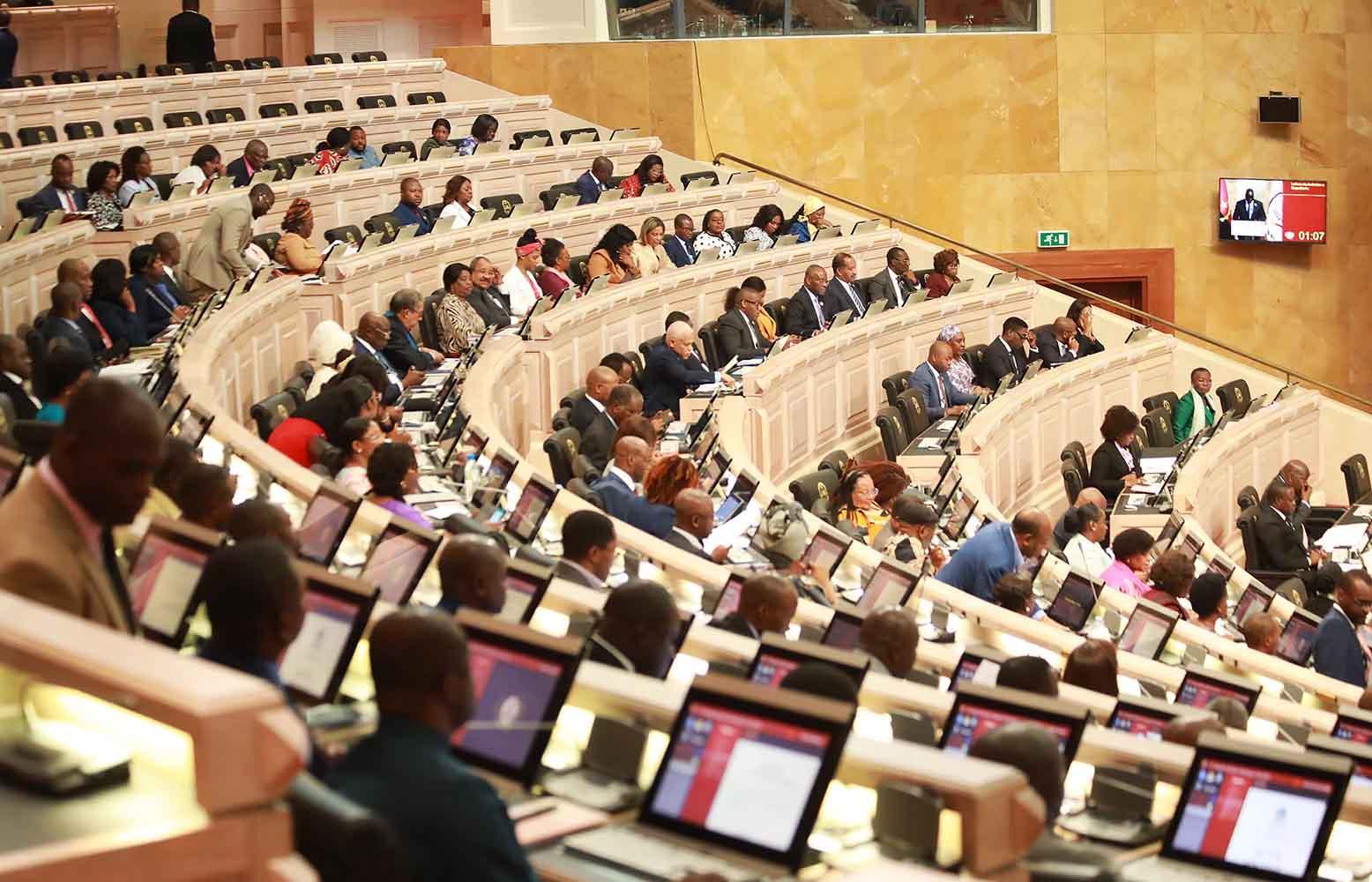Africa-Press – Angola. The UNITA Parliamentary Group Thursday expressed concern about the closure of middle and high school nursing and clinical analysis courses, considering the measure harmful to the development of the health sector in Angola.
In his quarterly political statement presented at the 7th Ordinary Plenary Meeting of the 3rd Legislative Session of the 5th Legislature of the National Assembly, MP Manuel Fonseca also criticized the increase in tuition fees at public schools and the price rise in energy, water and diesel, in addition to the suspension of the medical board, as factors that aggravate the difficulties faced by Angolan families.
He spoke of the accelerated population growth of around 4 percent a year, in contrast to economic growth of less than 2 percent.
In the parliamentary group’s view, the lack of definitive results from the last census, carried out almost a year ago, is an obstacle to defining effective public policies.
The declaration reaffirms UNITA’s commitment to peace, justice and human rights, and condemns any form of political violence, intolerance and corruption.
It calls for the exercise of political power to serve the common good and promote development, as well as emphasizing the importance of investing in essential public services such as sanitation, health, education and infrastructure
FNLA
MP Benjamim Manuel da Silva, who read out the FNLA’s political declaration, called for national unity and dialogue between political and social forces as a response to the challenges facing Angola.
He cited the economic crisis, rising fuel prices, food insecurity and outbreaks of diseases such as cholera and malaria as problems that require concerted solutions.
In the context of the celebrations for the 50th anniversary of independence, the parliamentarian considered it essential to reflect on the deviations from the ideals of liberation, and called for governance that is more centered on the real needs of the population, with public policies that value Angolans, both inside and outside the country.
Reading out the PRS statement, MP Benedito Daniel said that although the executive had increased civil service salaries by 25 percent at the start of the year, six months later the increase in the price of diesel took away the purchasing power it was intended to give.
The MP argued that development plans need to have ‘a strong national and cultural dimension’, to reflect the real interests of communities and guarantee the inclusion of all social segments in the process of transforming the country.
He called for political courage to reject external philosophies and recipes when they do not respond to the needs of the people.
PHA
PHA MP Florbela Malaquias gave a critical analysis of the current Angolan economic scenario and called for greater budgetary and social justice and an ethical position for the Angolan state on the international stage.
She pointed out that budgetary priorities have favoured external commitments to the detriment of basic social rights, and so he advocated a greater rebalancing of the national budget, prioritising the life and well-being of the population over payments on foreign debt.
MP ́s Florbela called for at least 20 percent of the budget to be allocated to education, as recommended by UNESCO, and 15 per cent to health, as stipulated in the Abuja Declaration.
The MPs approved the Law on the Codification of Territorial Units, the Law on National Police Honours and Distinctions and the Law on the Disciplinary Regime for National Police Officers.
Source: ANGOP
For More News And Analysis About Angola Follow Africa-Press






